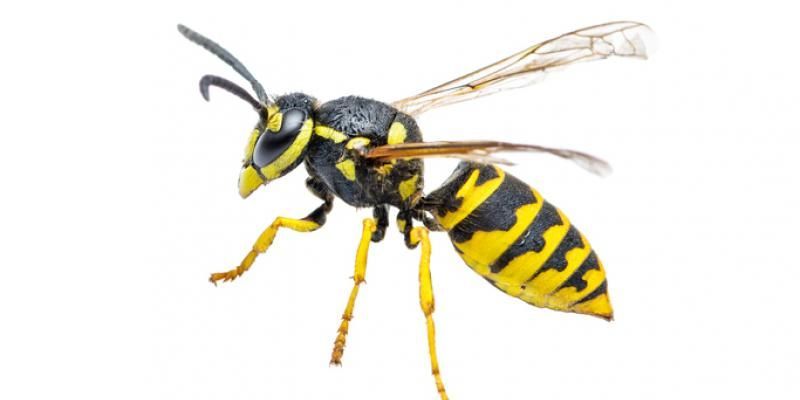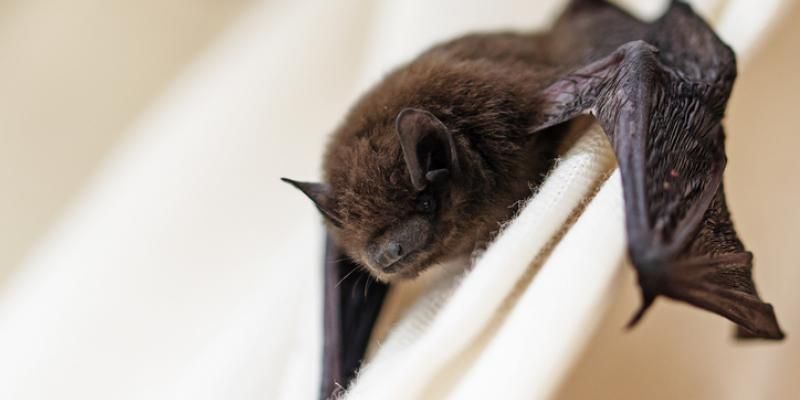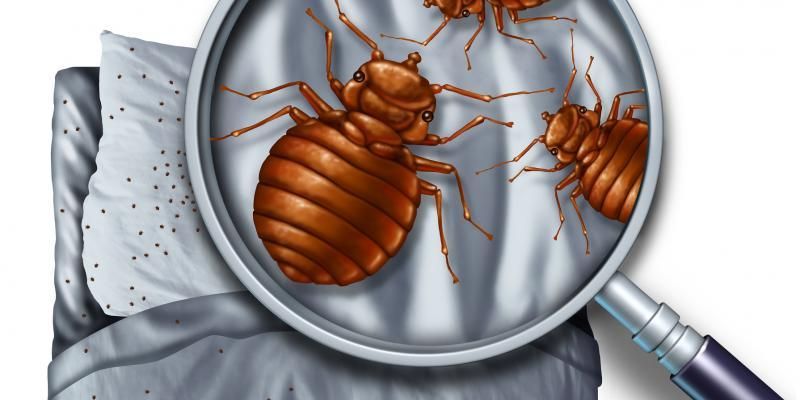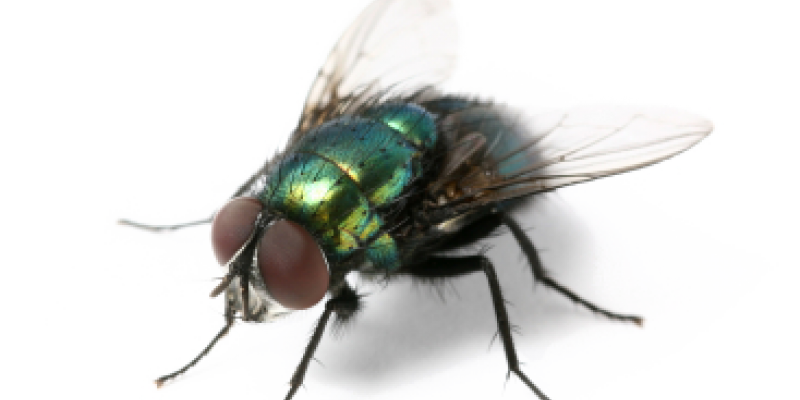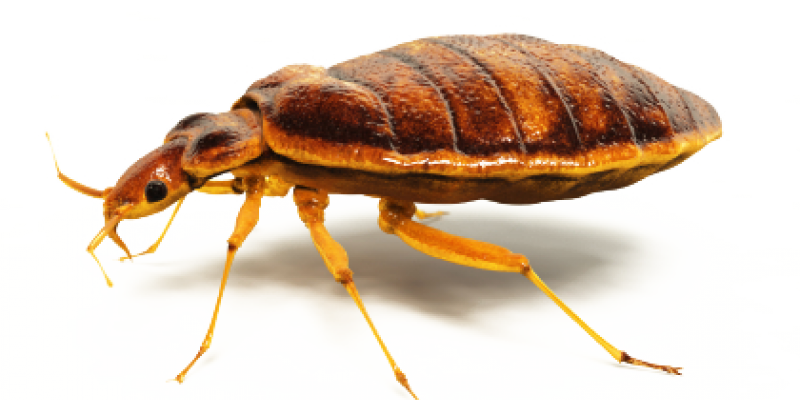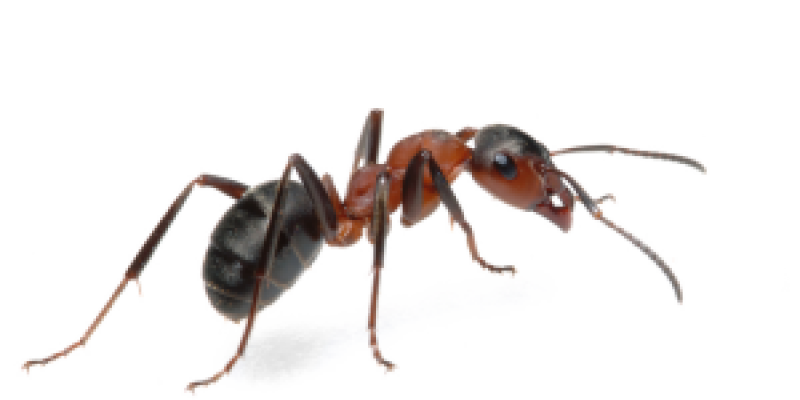THE ZIKA VIRUS BLOG SERIES PART 1: WHAT TO KNOW
THE ZIKA VIRUS BLOG SERIES PART 1: WHAT TO KNOW
We are getting a lot of calls lately about protection from the Zika virus. It’s that time of year where you need to know how to protect your family and let 24/7 Local Pest Control help rid your home of mosquitoes for the rest of the summer and through our warm fall season.
Here is the information about Zika, from our mosquito pest professionals , that you need to know.
We’ve all heard of the Zika virus from scanning the news, but how much do you really know? And what should you be worried about? First, a little background.
HISTORY
The virus got its name from the Zika Forest of Uganda in 1948, where a team of researchers were researching yellow fever with monkeys and mosquitoes. Over the next 30 years, 24 Zika studies were conducted and documented, each of which explored the various symptoms and methods of transmission. It wasn’t until June 2015 that Zika began to appear in Brazil, and a few months later that babies were being born with Zika-related birth defects.
But how did the virus travel from Africa to South America? Scientists say it was flying first-class. The increasing availability for global travel means previously isolated diseases can spread, even if only one person on the plane is infected.
SYMPTOMS
A rash, a fever, joint pain and puffy eyes may sound like a simple case of the flu, but these are all symptoms of the Zika virus. Few people who contract Zika need hospitalization and most people infected need only to rest, stay hydrated, and maybe take acetaminophen for the fever. The problem arises, however, when a pregnant woman is infected by the virus. The fetus of an infected woman can contract Zika and be born with birth defects called microcephaly, which causes smaller than average heads and underdeveloped brains. In addition, infants with Zika may have eye defects, hearing loss, and impaired growth.
HOW IT SPREADS
Initially, the Zika virus spreads through the bite of a particular mosquito, the Aedes species. There are populations of these mosquitoes in the southeast and southwest United States, but none are reported to be carrying Zika at this time. However, the virus can also be spread from mother to child and from partner to partner during sexual relations. Mosquitoes become carriers of the virus when they bite someone infected, therefore, if the number of infected people in the United States increases, the chance mosquitoes will pick up the virus increases. Right now, there have been 41 cases in Georgia and 9 in Alabama.
GLOBAL CONCERNS
The Centers for Disease Control and Prevention (CDC) have issued travel warnings for countries affected by the virus. This includes Brazil, and more importantly, it includes Rio, where the Summer Olympics are to be held. Many athletes, reporters, and fans will not be going to this summer’s games, which kick off August 5th of this year, because of Zika. The fear is that the virus will spread globally because of the concentration of international people in one highly affected area.
ZIKA IS A VERY REAL DANGER
And not only is it very real but it will continue to spread in the United States, especially the warm and humid southern states where mosquitoes are already prevalent. Florida already has 307 cases. But what can you do about it? How can you do your part to protect your home against the Zika virus? Stay tuned for a follow-up blog on what to do and how 24/7 Local Pest Control can help you keep your family safe.

